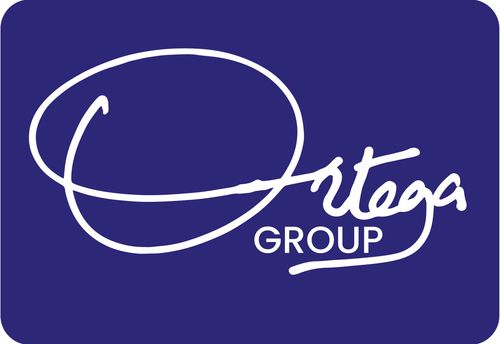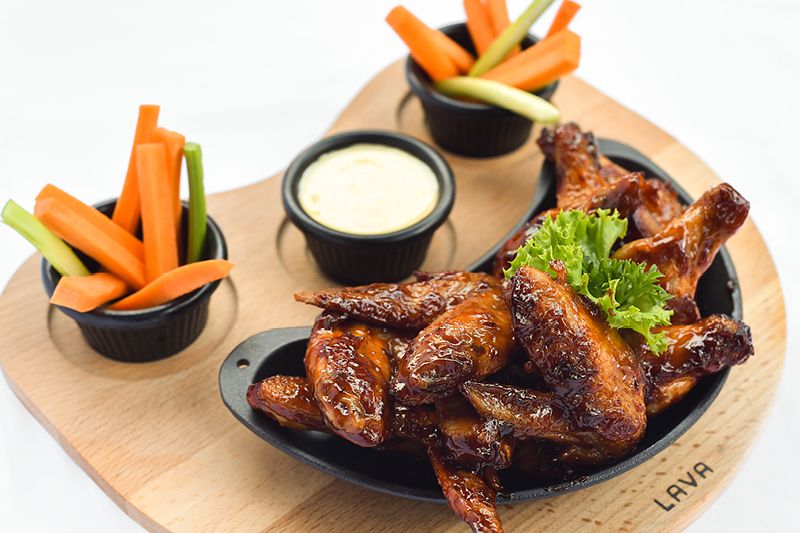Café Javas describes itself as a full service quick-casual restaurant specializing in delivering a relaxed and memorable dining experience. Thus, Café Javas plays in the dining space and should be seen in the context of all restaurants offering a dining experience in Uganda.
Although most people may know Café Javas for its brand built on a sustained customer experience, and thus one may often mistake their strategy to be one of differentiation. Yet, Café Javas’ actual strategy is dominantly a cost-leadership strategy with pigments of differentiation.
When it comes to Business strategy, a business can either be a low-cost business or a differentiator. For a differentiator, the aim is to increase the customer’s willingness to pay, by offering something that’s better than the alternatives. Most firms in the dining industry in Uganda tend to pursue a differentiation strategy and thus skew to the fine-dining experience. If you think of Mediterranno, think of Izumi or Stone Haven, all these restaurants are pursuing a heavy differentiation strategy.
Café Javas on the other hand strives to be a cost-leader in this industry and thus aims at reducing its supplier opportunity cost (the smallest amount a supplier is willing to take for services or resources). Café Javas is constantly reviewing its value chain to ensure it has a cost advantage at every stage of the value chain.
If you think of inputs such as wheat, Café Javas performed a backward integration on this through its sister company, Mandela Millers. Thus, Café Javas achieves such cost advantages through these integrations. Café Javas also pursues a strategy where it locates its branches in a 5-kilometre radius thus earning from economies of co-location.
In pursuing a cost-leadership strategy, Café Javas has also been able to carve out a sustainable competitive advantage. This sustainable competitive advantage is mainly attributed to the taste-based loyalty of its customer, its economies of scale/co-location and its learning over the years. Café Javas prides itself as a learning restaurant with a sizeable budget being dedicated to learning every year. Thus, Café Javas as a restaurant has figured out a way of thriving in a tumultuous dining category.
Café Javas was the first restaurant in Uganda to deliberately pursue a cost-leadership strategy in the dining category. Dining is rarely associated with cost-leadership. Yet, Café Javas understood that Uganda’s middle class /the target market was a moving middle class. It’s not a stabilized middle class, some people move in one month, and out the next month. These are the target market for the dining category. The best way to target them is not with differentiation but with cost-leadership. The average middle class can afford to spend on Café Javas every week. It’s not the case with the other players in the dining category.
You can think of Café Javas as the restaurant of Uganda’s middle class. You can move to the fining dining people, but the middle class of Uganda will always find a home at Café Javas. And this is purely because of the cost-leadership, much less about differentiation. If you have UGX 50,000, there’s something for you at Café Javas, a meal, and a drink.
Café Javas competes on cost across its value chain, it doesn’t compete on differentiation. A cost-leadership strategy is the hardest to pursue. Cost is the most hidden factor in every business. Every one can find quick ways to look different, few can figure out the cost drivers of their value chain. Cost leadership requires at the starting point, operational excellence.
Finally, the thing that Café Javas does well is fit and trade-offs. If you study the Café Javas’ menu, you will pick something, a mutual reinforcement of mills. Most meals share something, it’s the chips, it’s the rice, it’s the chicken. There’s an intersection of inputs to every meal. And down to everything that Café Javas does are these mutually reinforcing choices. In the end, the criterion of a great strategy is how well it makes trade-offs. If there’s no trade-off, there’s no strategy.
Café Javas has successfully answered the question; ‘what are we not?’ Café Javas is not a fine-dining restaurant although it plays in the dining category. Café Javas is not a working space, it targets families or communities of friends. All its adverts are intentioned for families and friends. Why? It’s purely to drive value per table. That if a family of two or three occupies a table, there’s a maximization of that table.

